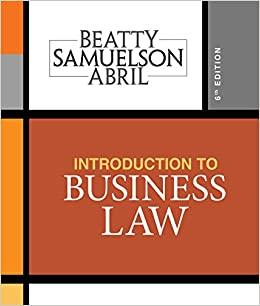
b. If the lmmaker were invited to change the Washington Consensus, list three changes he might make. (14 points) Tell me about the most interesting RCT you have learned about to date in this class. a. What was the research question? b. What was the intervention? c. Where did they do it? cl. How did they randomize, meaning what unit did they randomize (people, schools, cities, etc.) and how many groups did they create? What outcome variable did they focus on? What was the result? Who ran this RCT? What would you do if you were going to modify and extend this RCT? Do NOT answer this question by saying you would look at longer term effects, or that you would do it with a different population. Find some way to modify the experiment even if it were run in the same time frame in the same location. great (8 points) Think of an example from any of the papers we have studied so far of heterogeneous treatment effects. a. What was the relevant groups they looked at for the heterogenous treatment effects? b. What was the difference in outcomes between the two groups? c. How did the economists explain the difference, theoretically? d. In the same study, tell me another heterogeneous treatment effect that the authors did NOT look at, but that you think would be interesting, and why. (12 points) Think about what you know about savings. a. Are people under saving? Why or why not? b. Let's say you want to increase savings using social signaling. Design an experiment to test if you can do that. Tell me the intervention, who you will do the intervention with, what outcome variable or variables you will look at, and what you expect will happen {your hypothesis, in other words.) (12 points) Think about loss aversion. a. Explain it. Why does the graph of loss aversion look the way it does? utility changes to wealth B b. Let's say you think loss aversion might be important in understanding why students don't perform well in school in a developing country. Design an experiment to test if loss aversion is important or not. Tell me the intervention, who you will do the intervention with, what outcome variable or variables you will look at, and what you expect will happen (your hypothesis, in other words.)








